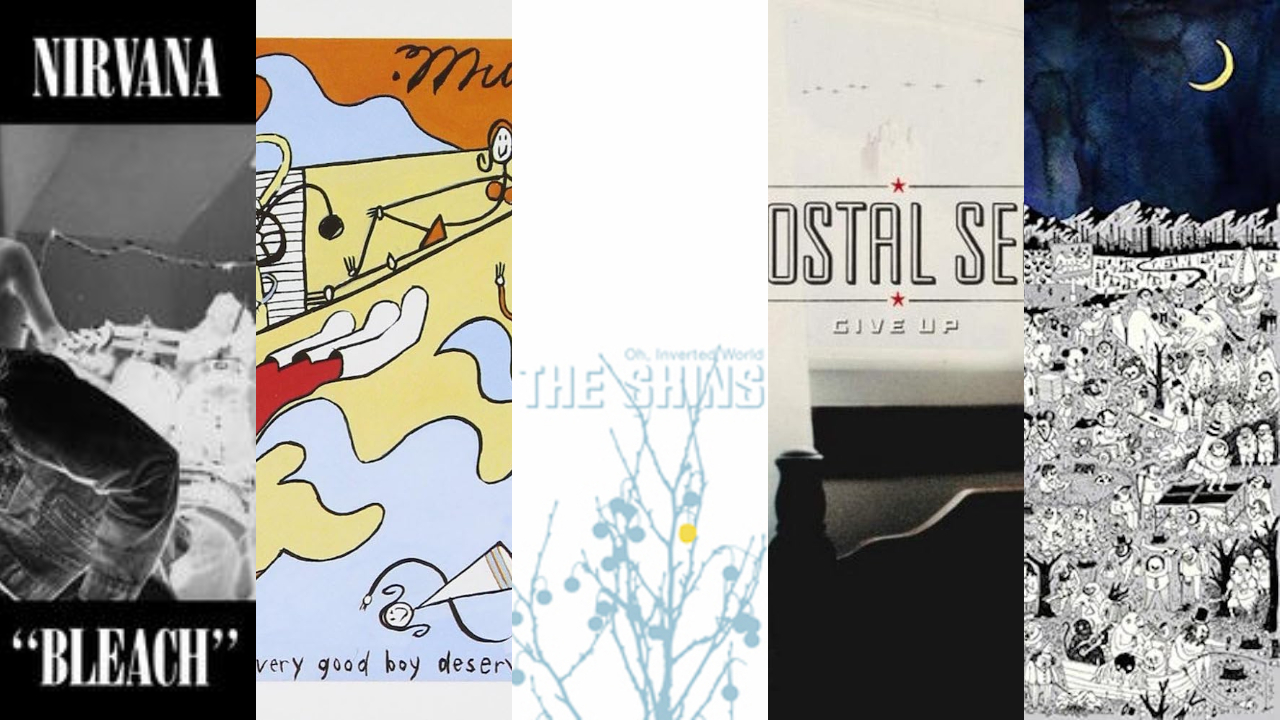
Founded by Olympia-born music fanatic/fanzine editor Bruce Pavitt and Seattle-based promoter and radio host Jonathan Poneman after the pair decided to document the obscure underground punk scenes cropping up in the Pacific NorthWest, Seattle’s Sub Pop Records was, and remains, a label born out of pure passion for music, mixed in with a whole lot of bravado.
Its long-standing motto, "Going out of business since 1988”, may seem tongue-in-cheek given how much the label is celebrated globally for its pivotal role in fostering the grunge scene and unearthing Nirvana, but the Sub Pop journey has been far from smooth.
Often scrambling to keep afloat amidst financial struggles and internal conflict, what the Seattle label has never lacked is personality, as evidenced by its extensive, eclectic roster. Spanning three and a half decades, the Sub Pop catalogue ventures everywhere from garage rock to folk to psychedelic rock to post-punk, while retaining a distinct regional identity.
The label that served as the beating heart of grunge in the late '80s and '90s, has cleverly and cannily adapted to live on into the 21st century. Here is the Sub Pop story told through five essential albums.

Nirvana – Bleach (1989)
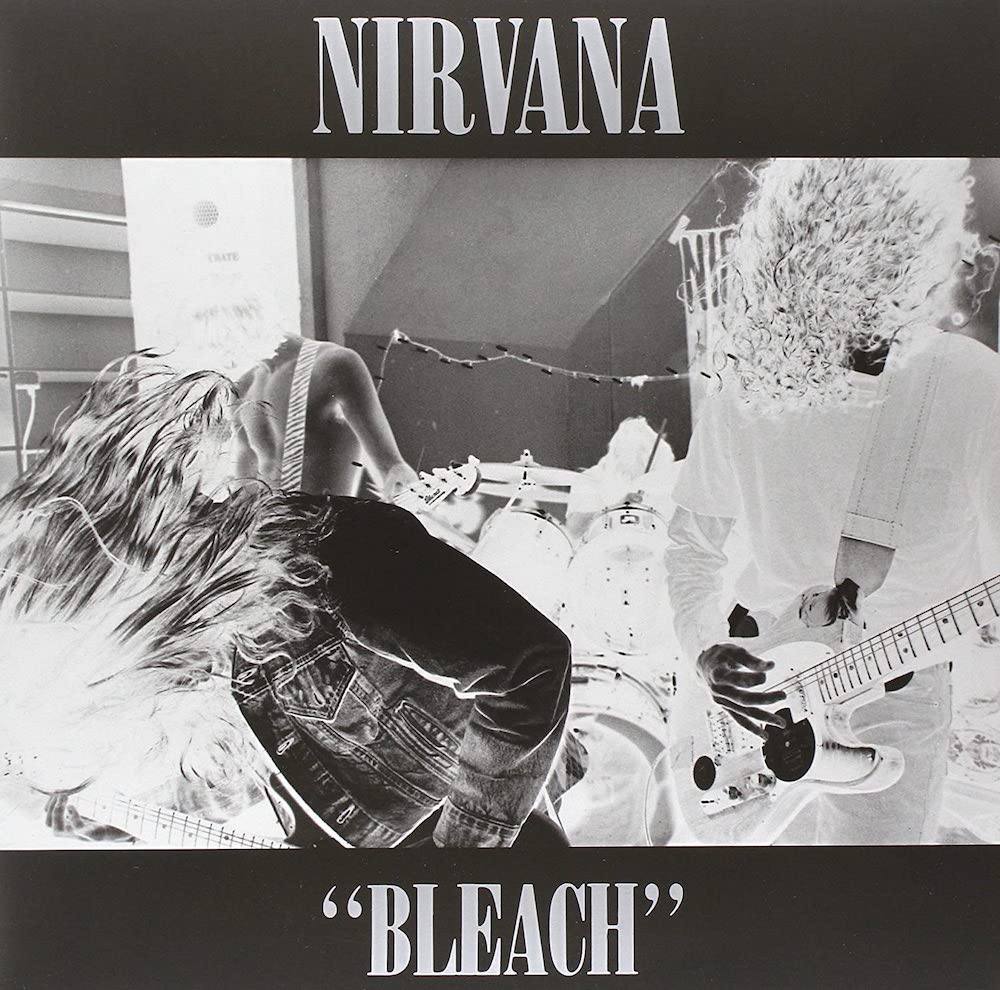
Before Sub Pop, there was no such thing as the ‘Seattle sound’, in fact – few people outside of the seaport city were even listening to music from their stretch of the West Coast. Influenced by Factory, Dischord, Chess and more, it was a label formed on big ideas and boundless passion: one early initiative, the Singles Club, had members paying a $35 per year subscription fee upfront without knowing what single would be coming through their letterbox each month
A risky venture for a relatively unknown label, perhaps, but the first entry into the Sub Pop Singles Club was Nirvana’s Love Buzz/Big Cheese seven inch, and the er, buzz around the label grew from there.
In December 1988, Nirvana entered Reciprocal Recording studio with producer Jack Endino to record their debut album, Bleach, with Kurt Cobain penning many of his lyrics just the day before, whilst he was “pissed off”. A snarling, sludgy and raw collection of Black Sabbath-meets-Black Flag songs riddled with attitude and confidence, from the raging Negative Creep to the more nuanced, Beatles-esque About A Girl, it’s a snapshot of the star potential that would shine bright on the trio’s later records, offering an introduction to Cobain's gift for brilliant pop hooks.
With Nirvana becoming frustrated with the label's constant financial woes, it would be their only full-length Sub Pop release, before major label DGC Records bought them out of their contract in 1990. That move, ironically, would save the label, because when sales of Bleach skyrocketed in the wake of the phenomenal success of Nevermind, Sub Pop's cut of the profits allowed the label to stave off bankruptcy.
Mudhoney – Every Good Boy Deserves Fudge (1991)
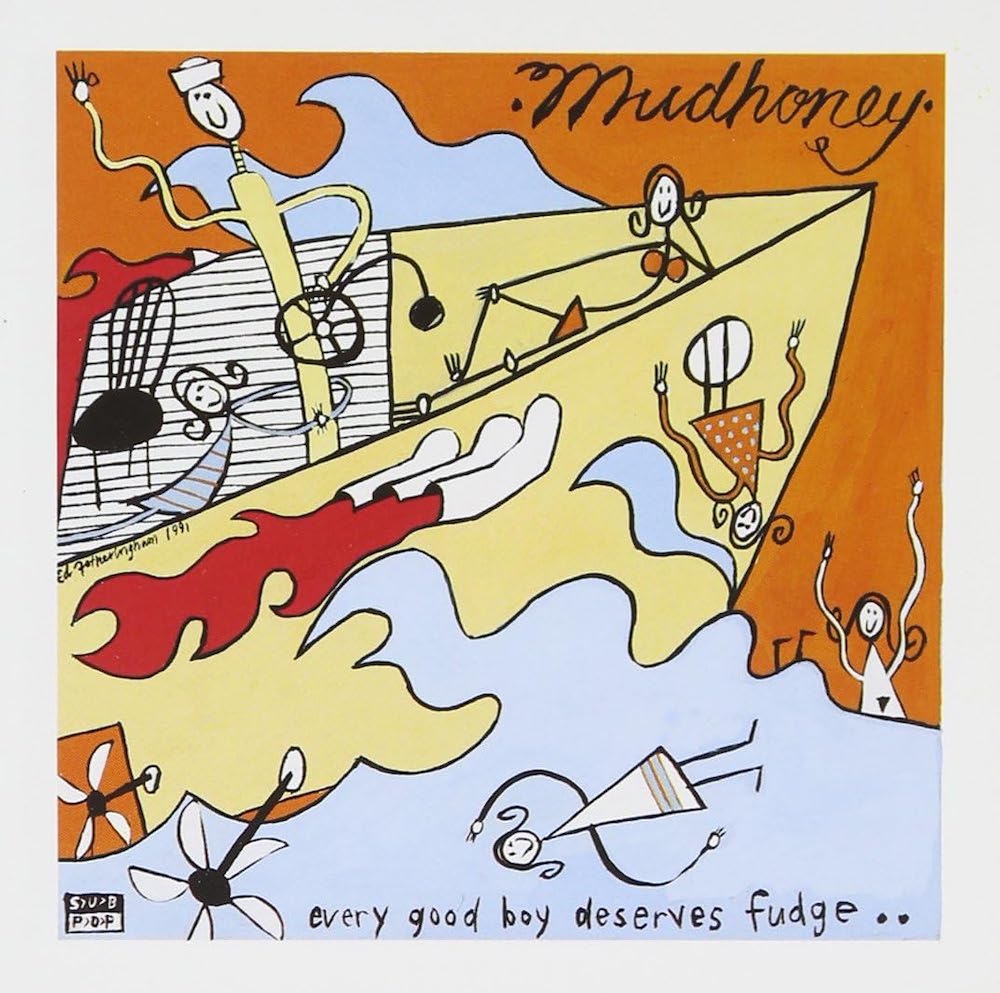
By the summer of 1991, Sub Pop was in such a precarious, cash-strapped state that Pavitt and Poneman had laid off almost all their staff. Two things saved the label from extinction - Nevermind, and Mudhoney.
A regular presence at Sub Pop HQ, the label having released records by his former band Green River, Mudhoney frontman Mark Arm understood that Pavitt and Poneman had their hearts in the right place, even if their business acumen was shaky. So when major labels came sniffing around the band in the wake of their explosive debut EP, Superfuzz Bigmuff, and their self-titled debut album, Arm stayed loyal to his friends despite the label owing his band a considerable amount of money.
Shipping 50,000 copies on its release, a solid win for an indie record, Every Good Boy Deserves Fudge helped bankroll Sub Pop at a time when they needed it most. Garage-rock infused with rock ‘n’ roll swagger, songs such as Who You Drivin' Now, Into The Drink and Let It Slide enhanced the band’s stellar reputation, and strengthened the scene's foundations, drawing clued-in UK music writers to the city to celebrate Sub Pop's growth. Less than two months on from its release, Nevermind emerged: soon enough Seattle had the most talked-about music scene on the planet.
The Shins – Oh, Inverted World (2001)
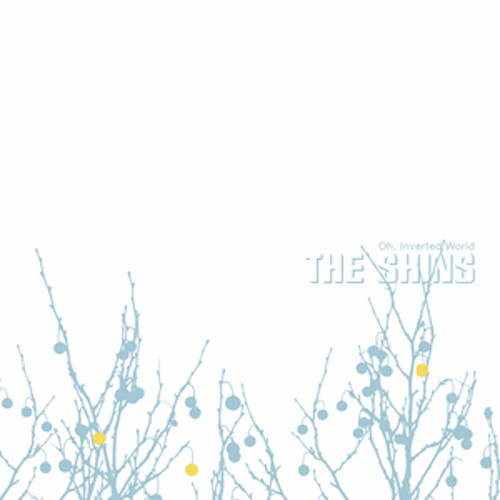
After forming a joint venture with Warner Music Group in 1994, Sub Pop was struck by an identity crisis. With Pavitt keen to retain the company’s DNA and Poneman fixated on increasing revenues and stabilising their financial situation, the duo were at a crossroads.
With pressure to churn out new Next Big Things as the profile of alternative rock grew ever larger, there was a distinct shift in Sub Pop’s company culture, resulting in Pavitt exiting the label for good. Struggling to find stability and cycling through multiple new identities as it attempted to define itself post-grunge, by 1997 Sub Pop had almost collapsed completely.
After years spent trying to turn the label into a corporate force, eventually Poneman realised why nothing was working. Reflecting on Sub Pop’s DNA, it became apparent that bands weren’t seeking out contracts with Sub Pop for the chance to become global megastars, they were drawn to its community foundations. After deciding that the way forward for Sub Pop was to realign with its initial vision, Sub Pop needed a new marquee artist: enter The Shins.
Clocking in at just 33 minutes, the Albuquerque band’s debut Oh, Inverted World is a near-flawless summer pop rock record. With frontman James Mercer’s clever wordplay laced over endless swirling hooks, it proved to be a huge seller for the label, and a landmark release: suddenly, Sub Pop was cool again.
The Postal Service – Give Up (2003)
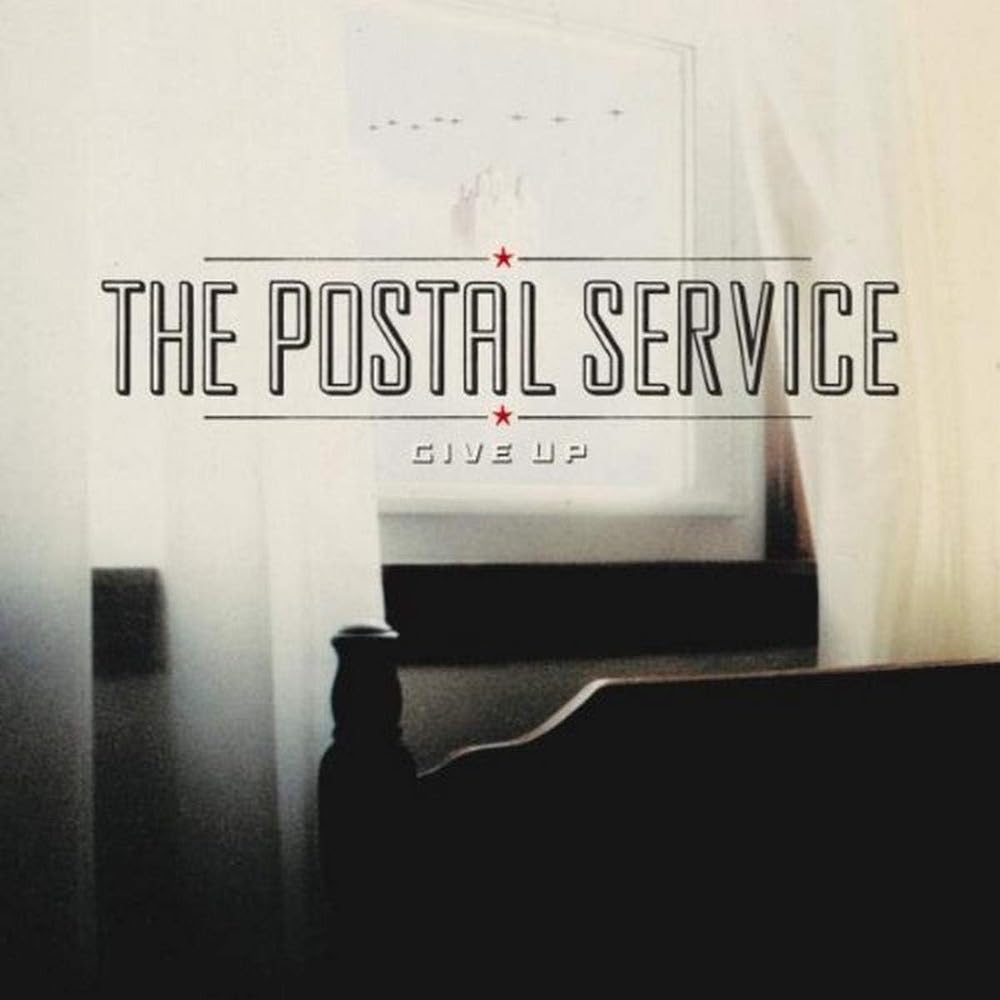
With The Shins’ success empowering Sub Pop, the label began to forge a new identity. Rebranding as the home of dreamy American indie music, it would become home to artists such as Iron & Wine, Fleet Foxes, and Band of Horses. But no-one would release anything with quite as much impact as The Postal Service’s, Give Up.
Arriving at the label by chance due to Sub Pop A&R head Tony Kiewell’s friendships with Ben Gibbard and Jimmy Tamborello, the band’s only album brought an entirely new audience to the label, but its success was more than the label bargained for.
Predicting that Give Up would shift around 20,000 copies, Sub Pop feared their own figures may be optimistic, and duly recruited two of their heaviest hitters – The Shins and Iron & Wine – to cover the album’s tracks to help with promotion. But, once Gibbard and Tamborello returned from a month-long US tour following the album’s release, they were indie superstars.
Becoming the second-best-selling Sub Pop album after Bleach, the group’s debut brought nods to new wave and synth sounds of the 80s, but most importantly it brought a sense of connection. With music fans all over the world delving deep into their emotions while immersing hearts and souls into songs of doomed love and bittersweet memories, 2003 would be the year that indie broke worldwide, and Sub Pop was right at the heart of it.
Father John Misty – Pure Comedy (2017)
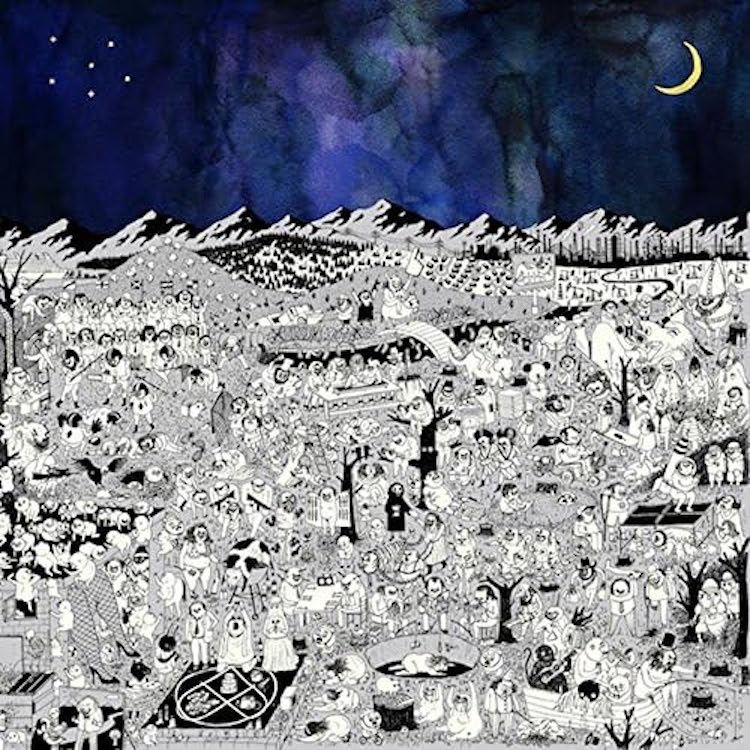
Initiated into the Sub Pop family with Fleet Foxes back in 2008, Josh Tillman was always destined to be more than a drummer in a Seattle folk rock band. Though the band’s first two albums brought considerable success for the label, Tillman was a star in his own right, and upon his departure from Fleet Foxes in 2012, his potential began to be truly realised.
Adopting the stage name of Father John Misty, 2012’s Fear Fun and 2015’s I Love You, Honeybear introduced a deep, introspective approach to songwriting worlds away from Fleet Foxes’ earnest expansiveness, chronicling the darker aspects of the human condition. Paired with a wry stage persona, this vision came to full fruition on his 2017 masterpiece, Pure Comedy.
An immersive character study into his semi-fictionalised self, Father John Misty’s third album merged contemplative lyricism with gorgeous melody to completely shake up the alternative music scene. A melting pot of music, politics, technology, human nature, and connection, with Pure Comedy Sub Pop moved beyond simply providing a platform for incredible albums, to emerge as an incubator for some of the greatest and most ambitious songwriters of the modern age.







